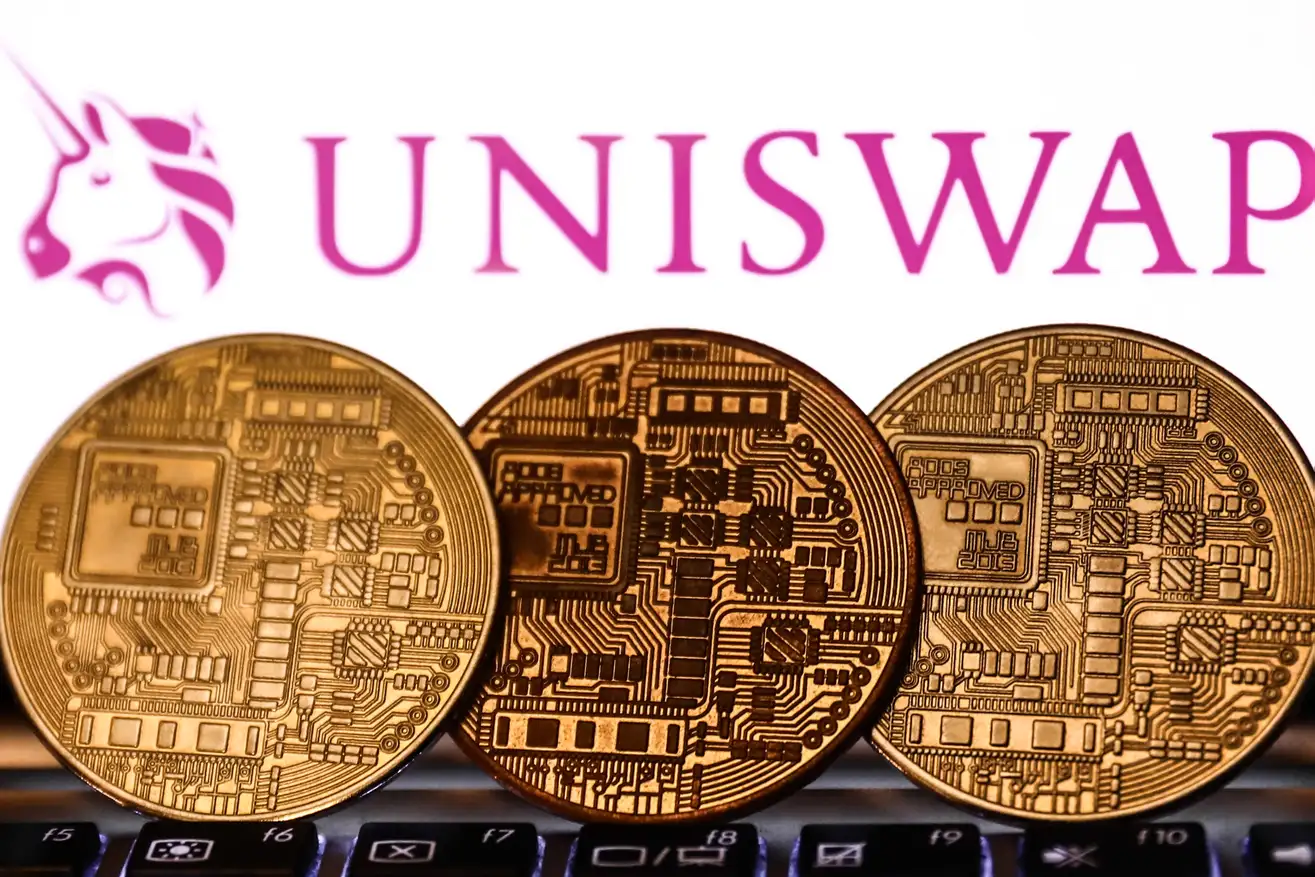Uniswap, a pioneering force in the realm of decentralized cryptocurrency exchanges, recently found itself thrust into the regulatory spotlight following the reception of a formal notice from the U.S. Securities and Exchange Commission (SEC). In a meticulously crafted blog post, the company revealed the unsettling news of a potential enforcement action looming on the horizon.
For the uninitiated, Uniswap stands as a veritable juggernaut within the decentralized finance (DeFi) landscape, offering a platform where users can seamlessly engage in peer-to-peer cryptocurrency transactions, all orchestrated directly on blockchain networks. Based in the bustling metropolis of New York, Uniswap symbolizes the cutting edge of financial innovation, embodying the ethos of decentralization and democratization of financial services.
However, the shadow of regulatory scrutiny cast upon Uniswap has sent ripples of unease throughout the cryptocurrency community. The issuance of a Wells notice by the SEC—a precursor to formal enforcement proceedings—has left many observers speculating about the nature of the alleged infractions and the potential ramifications for the broader DeFi ecosystem.
While Uniswap refrained from divulging the specific grounds for the SEC’s ire, conjecture abounds regarding potential parallels with recent regulatory skirmishes, notably the protracted legal battle involving Coinbase, a behemoth in the cryptocurrency exchange sphere. The SEC’s recent victory over Coinbase in a lawsuit accusing the platform of peddling unregistered securities serves as a stark reminder of the regulatory minefield confronting companies operating at the intersection of traditional finance and digital assets.
In a scathing rebuke of the SEC’s actions, Uniswap lamented the dearth of regulatory clarity plaguing the burgeoning blockchain industry. The company lambasted what it perceived as the regulatory overreach of the SEC, decrying the lack of a coherent framework delineating compliance requirements for blockchain-based enterprises operating within the United States. Moreover, Uniswap voiced apprehension that the regulatory onslaught represents a thinly veiled attempt to stifle innovation and impede the progress of legitimate actors within the blockchain ecosystem.
Nevertheless, amidst the tempest of regulatory uncertainty, Uniswap remains resolute in its commitment to its loyal user base. The company unequivocally pledged to maintain the accessibility of its existing suite of products and services, assuring users that the platform’s fundamental ethos of decentralization and autonomy shall remain unwavering. Furthermore, Uniswap boldly declared its intent to forge ahead with the development and rollout of new and innovative offerings, underscoring its unwavering dedication to advancing the frontiers of decentralized finance.
In conclusion, while the regulatory storm clouds may loom ominously on the horizon, Uniswap stands as a steadfast beacon of resilience and innovation within the ever-evolving cryptocurrency landscape. As the DeFi saga unfolds, only time will tell whether Uniswap emerges unscathed from the crucible of regulatory scrutiny or whether it becomes a cautionary tale in the annals of financial history.



